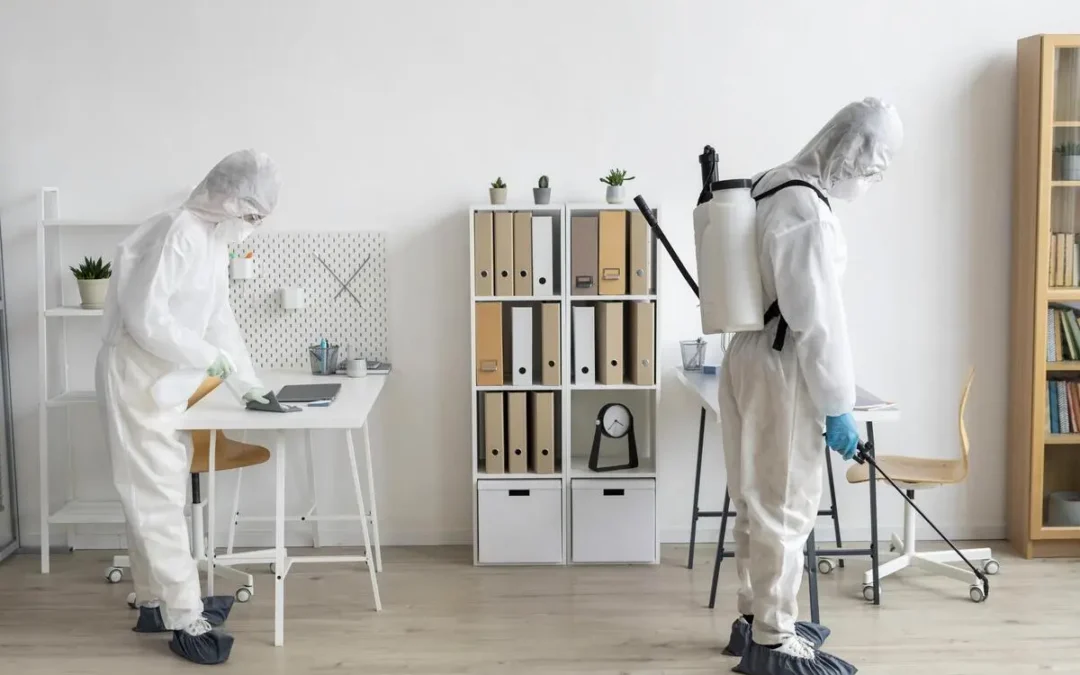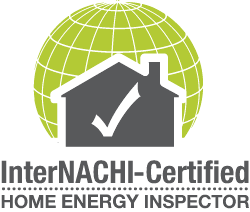Mold works stealthily in hidden and moist areas of homes, causing health problems. It is not easily detectable and remains hidden until it’s too late. That’s why testing for mold in homes is so important. In fact, mold testing is essential for homeowners in all situations and for keeping homes free from health risks.
This blog explains every dimension of mold examination, including its operational aspects, duration, and fundamental role in preserving your wellness.
What Is Mold Testing
Testing for mold in the home establishes whether mold spores are present. Mold grows in warm and moist areas, leading to severe health problems and damage to the home’s structure. Professionals use various testing methods to identify whether harmful mold is present and, if so, what type it is.
Mold testing helps determine the following:
- The type of mold.
- The concentration of mold spores in the air.
- Concealed mold infestations in your property.
- Extent of mold destruction.
Why Is Mold Testing Important
Can you detect mold on your own? Yes and no. Since mold tends to grow in inaccessible areas such as behind drywall, under carpets, and inside HVAC systems, testing for mold in your home by professionals is even more critical.
People with asthma or allergies and those with weak immune systems experience health problems from mold exposure. Those who encounter mold growth develop various health problems, including respiratory concerns, skin reactions, sinus blockages, and critical issues in extreme mold contamination cases.
Mold infestations can damage the structure of residential houses. It attacks materials chronically, and the damage drives homeowners to make costly restorations. By testing for mold in your home, you can catch the issue early and address it before it becomes a bigger problem.
When Should You Consider Testing For Mold
You should perform mold testing under the following circumstances:
Visible mold growth requires mold testing to identify the mold species and its spread in affected areas.
If your home experiences flooding or leakage, mold can grow in a one- or two-day period. In these cases, testing for mold in the home is essential.
Unexplained medical conditions experienced by you or your family members may indicate mold contamination requiring further investigation. Mold testing enables verification and subsequent elimination of mold presence.
Owners should request mold inspections prior to buying a new home to detect potentially hidden mold.
How Long Does Mold Testing Take
The answer to the duration of mold testing depends on the method used and the size of your home. Such examinations usually take between 1 and 3 hours to finish. The inspection procedure, air quality testing, and sample collection require sufficient time to complete. Let’s look at different mold testing methods briefly.
Air Sampling
It is one of the most common methods for testing for mold in homes. Using a pump, a specialist obtains mold spores circulating in the air. The laboratory conducts an analysis of the collected mold sample. The evaluation process through air testing normally extends from 30 minutes to one hour.
Surface Sampling
Swabs and tape tests are conducted to collect specimens from infected mold surfaces. Tests are performed on collected samples to determine which mold species are present. The testing speed is faster, yet it cannot detect mold in the air.
Bulk Sampling
Professionals remove minimal pieces from building elements such as drywall and insulation if you need a deeper inspection of materials for mold presence. This approach differs from traditional methods because it is useful in situations when mold levels are high.
The results of collected samples typically take between two and five working days to arrive at the lab. The duration depends on the laboratory’s operational capacity and the difficulty of the tests.
Interpreting Mold Test Results
After collecting results, a detailed report on mold testing will be provided. The assessment provides information about mold species and shows the air spore concentration results. Molds differ in terms of their toxicity. Some are completely harmless, and then there is Stachybotrys chartarum, aka black mold, which creates serious health hazards.
Mold spore concentrations fall under three main categories.
- Typically, low mold spore numbers remain under control.
- Higher-than-normal mold spore counts indicate a mold-related problem requiring action for resolution.
- Serious mold conditions at high levels might require preventive health measures and structural restoration.
Mold Remediation: What’s Next
Mold detection leads to the next logical step: mold remediation. This involves removing mold and fixing the resulting damage. The extent of mold contamination determines whether you need basic cleaning solutions like vinegar or bleach or full replacements of drywall and insulation for severe mold areas.
Mold testing provides useful knowledge that helps in the remediation work. It must be handled by certified professionals who tackle challenging areas with severe infestations.
How To Prevent Mold Growth
After you perform mold tests in your home and remedy the discovered problems, you should take measures to stop their recurrence. Here are some tips:
- Handle all leakages promptly since swift fixes help stop water accumulation spurring mold growth.
- Installing an air conditioner and a dehumidifier helps you maintain indoor moisture content below 60%.
- Your home needs adequate ventilation to maintain moisture, especially in spaces prone to it, such as bathrooms, kitchens, and basements.
- Proper wall, window, and attic insulation will help stop mold growth and prevent condensation formation.
Conclusion
In summary, testing for mold in your home is an essential step in ensuring the safety of your living space. Mold presence contributes to damaging effects on a home’s structure and harmful health impacts. Professional mold evaluation provides enough information to help you resolve mold concerns regardless of your reason for testing.
Prompt action and attention to mold problems enable you to guard your physical well-being and your house. Immediately consult mold evaluation and remediation specialists when you notice mold on your home premises.
Contact Blessed Assurance Home Inspection to resolve mold concerns and access first-rate professional assistance. Our experts provide precise mold testing methods with dependable solutions for remediation services. Make a call before mold growth worsens because your residence deserves proper safety and health protection for you and everyone at home. Contact us now.









